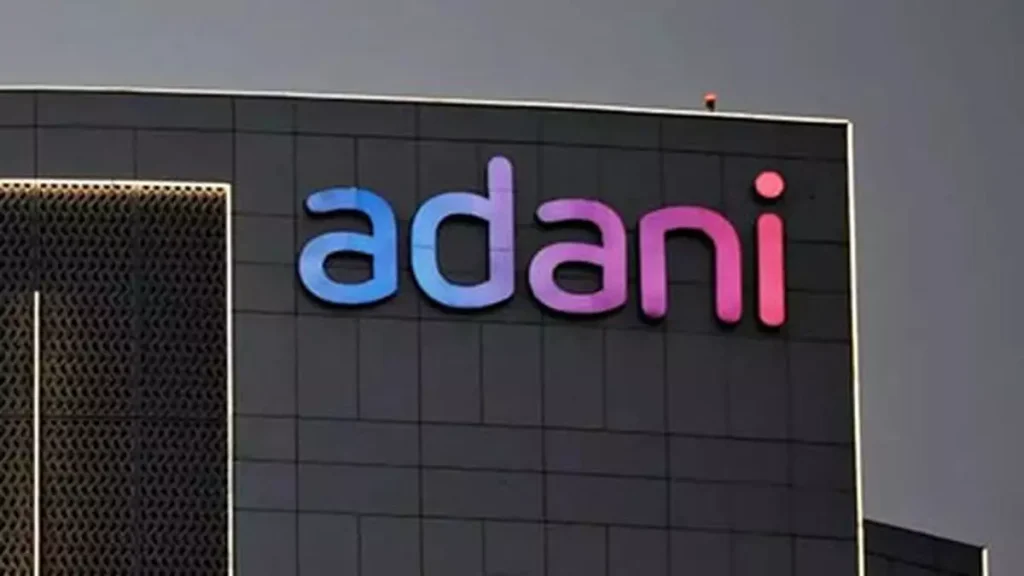The Adani Group has been making headlines worldwide, and its recent foreign expansion, including the proposed takeover of the Jomo Kenyatta International Airport in Nairobi Kenya, has caught the eye of many.
The Indian conglomerate, led by billionaire Gautam Adani, has grown from modest beginnings into a global powerhouse with interests spanning from ports and energy to real estate and defense.
But beyond the impressive figures and flashy projects, there’s a lot more to the Adani story that isn’t always highlighted in the mainstream media.
Here are five intriguing facts, including some lesser-known details about Adani Group.
1. Founder’s Rise from Humble Beginnings
Gautam Adani’s journey from a modest background to leading one of India’s largest conglomerates is inspiring. Born in a small town in Gujarat, Adani started his career as a diamond polisher before moving into trading and real estate.
His initial breakthrough came with the establishment of Adani Ports & SEZ in 1998, which has since grown to become one of India’s largest private port operators, handling more than 250 million tonnes of cargo annually.
While his story is often celebrated, it is also overshadowed by questions about the ethical implications of his business methods and connections.
2. Diversified Interests Beyond Port Management
Beyond port management, the conglomerate has expanded into various sectors. For instance, Adani Green Energy is one of India’s largest renewable energy companies, with a market capitalization of approximately $34 billion and a focus on solar and wind power projects.
The group’s involvement in various sectors, including coal mining and infrastructure, has drawn mixed reactions. Adani’s coal mining operations, particularly the Carmichael coal mine in Australia, have faced significant opposition due to environmental concerns.
3. Runs Some of India’s Largest Sectors
Adani Group’s presence in major sectors shows its significant impact on India’s economy.
Adani Ports & SEZ, for example, operates 13 ports and terminals across India, accounting for about 25% of the country’s port capacity.
Adani Enterprises, the flagship company, is involved in diverse sectors such as agribusiness, logistics, and construction, with a market capitalization exceeding $40 billion.
The group’s dominance in these sectors raises concerns about market concentration and the potential for monopolistic practices. The scale of its operations has made Adani a central figure in India’s economic landscape.
4. Environmental Controversies
Adani Group’s environmental record has been a point of contention. The Carmichael coal mine project in Australia, with an estimated investment of $16.5 billion, has faced widespread protests from environmentalists and indigenous groups.
Critics argue that the project will contribute significantly to global warming and harm local ecosystems.
In India, Adani’s port expansion projects have been criticized for their impact on coastal environments. For instance, the expansion of Mundra Port in Gujarat has been associated with the destruction of mangrove forests and adverse effects on local fishing communities.
5. Global Footprints
The Adani Group’s global footprint extends beyond India’s borders. The proposed takeover of JKIA airport in Kenya is an example of its expanding global presence.
Adani’s global ventures also include investments in sectors such as infrastructure and energy across countries like Australia, the UAE, and Indonesia.
However, this global presence has not been without challenges. Adani’s operations in foreign markets have faced scrutiny over their impact on local communities and regulatory environments.
6. Philanthropic Work
The Adani Foundation, established in 1995, is a significant aspect of the group’s corporate social responsibility efforts.
With a focus on education, healthcare, and rural development, the foundation has implemented various initiatives, such as providing scholarships, building schools, and supporting healthcare facilities.
In 2021, the foundation reported spending approximately $50 million on various social projects in India. In 2022, it planned to spend $7.7 billion to run various social programs in the country.
Some observers argue that philanthropic work is used to bolster the group’s image and mitigate criticism rather than solely address social issues.
7. Among the Largest Indian Companies by Market Capitalization
The Adani Group’s financial success is reflected in its market capitalization. As of 2024, Adani Enterprises is valued at over $40 billion, while Adani Green Energy has a market capitalization of about $34 billion. This valuation places Adani among the largest companies globally
8. Allegations of Fraud
The Adani Group has faced several allegations of fraud and financial irregularities. Reports have alleged inflated project costs, discrepancies in financial reporting, and questionable financial practices.
For instance, a 2022 report by the Indian financial newspaper The Economic Times highlighted concerns about alleged financial manipulations in Adani’s infrastructure projects.
These allegations have led to investigations and raised questions about the group’s financial transparency.
9. Regulatory Scrutiny
The Adani Group’s operations have been subject to regulatory scrutiny in both India and abroad.
In 2022, the Securities and Exchange Board of India (SEBI) launched an investigation into Adani’s financial dealings and compliance with regulations. Additionally, the group’s land acquisitions and environmental clearances have faced legal challenges and criticism from watchdogs and opposition parties.
This regulatory scrutiny reflects the broader challenges of managing a complex and diverse business empire. The group’s ability to navigate these regulatory issues will be crucial in maintaining its reputation and ensuring long-term sustainability.
10. Accusations of Corruption
Accusations of corruption have been a recurring theme in discussions about the Adani Group.
Critics have alleged that the group has benefited from favorable policies and contracts due to its political connections. For example, concerns have been raised about the group’s relationship with Indian politicians and the impact of political connections on its business dealings.
Adani has denied these accusations and maintained that its business practices are ethical and transparent.


